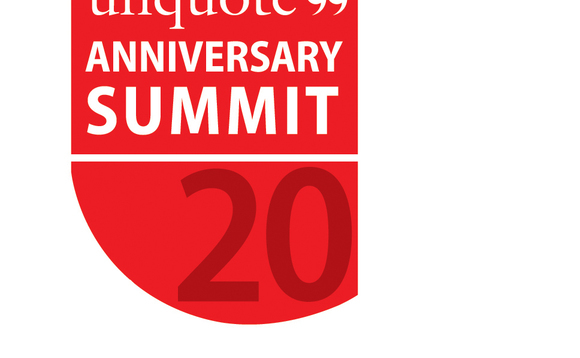
unquote" summit: Social returns of PE 'higher than LP returns'

Susannah Birkwood reports direct from unquoteтs 20th anniversary private equity summit in London.
The social returns of private equity may be higher than the returns to investors in funds, Dr Ulf Axelson of the London School of Economics said this morning.
Axelson, the university's Abraaj Capital chair in finance and private equity, was speaking at the unquote" summit which is being hosted at the Millennium hotel in London's Mayfair today.
According to the academic, venture capital is the "less controversial part" of the world of private equity, because of the widely held belief that the asset class is instrumental in getting new businesses off the ground.
Even buyouts have a hugely positive effect on the overall economy, however. Axelson said studies have shown the fear of takeover by private equity has led to better corporate governance in public firms, while a 2010 report by Beinstein et al revealed that industries grow significantly more in countries with higher levels of PE investment. "It's almost too good to be true," he added.
He tackled the argument that the asset class can be detrimental to workers or long-term investors by citing studies confirming that private equity leads to both job creation and destruction. "As some jobs are destroyed, others are created, so the net effect on employment is about zero," he said, before pointing out the benefits to R&D, such as more efficient patenting, and to the IPO market.
Yet the positive impact of private equity and venture doesn't necessarily imply that returns to investors are high, Axelson cautioned. By the time negative externalities such as the increased price of debt or volatile FX markets have been taken into account, the LP returns may in fact be quite modest. This is most apparent in the venture arena, in which returns have been equal or inferior to those in the public market in every decade but the 1990s. "Returns are surprisingly hard to talk about, as the industry is still young and funds are notoriously secretive, with the majority of their data being self-reported," he said.
The attempt to compare buyout returns to those generated in the public market was criticised by one conference participant, however. "Your analysis isn't a reflection of the reality," he countered. "You're trying to use exchange-traded funds as a benchmark for private equity, but public market benchmarks have little relevance to GPs' day-to-day decisions."
Axelson also referred to the paradoxical finding that funds with highly-levered deals have consistently lower returns than other funds. "Levering up more should increase returns - this is what first-year students are taught in their corporate finance lectures," he said. "But the opposite seems to be true in the buyout universe." He added that it might therefore be wise for LPs to invest when credit conditions are down and funds are making less levered investments.
Dörte Höppner, secretary general of the European Venture Capital Association, was next to take to the stage. She discussed the impact of regulatory change on fundraising, including the AIFM Directive, Solvency II, Basel III and IORPD, the revised pension fund directive.
Latest News
Stonehage Fleming raises USD 130m for largest fund to date, eyes 2024 programme
Sponsor acquired the public software group in July 2017 via the same-year vintage Partners Group Global Value 2017
Stonehage Fleming raises USD 130m for largest fund to date, eyes 2024 programme
Czech Republic-headquartered family office is targeting DACH and CEE region deals
Stonehage Fleming raises USD 130m for largest fund to date, eyes 2024 programme
Ex-Rocket Internet leader Bettina Curtze joins Swiss VC firm as partner and CFO
Stonehage Fleming raises USD 130m for largest fund to date, eyes 2024 programme
Estonia-registered VC could bolster LP base with fresh capital from funds-of-funds or pension funds








